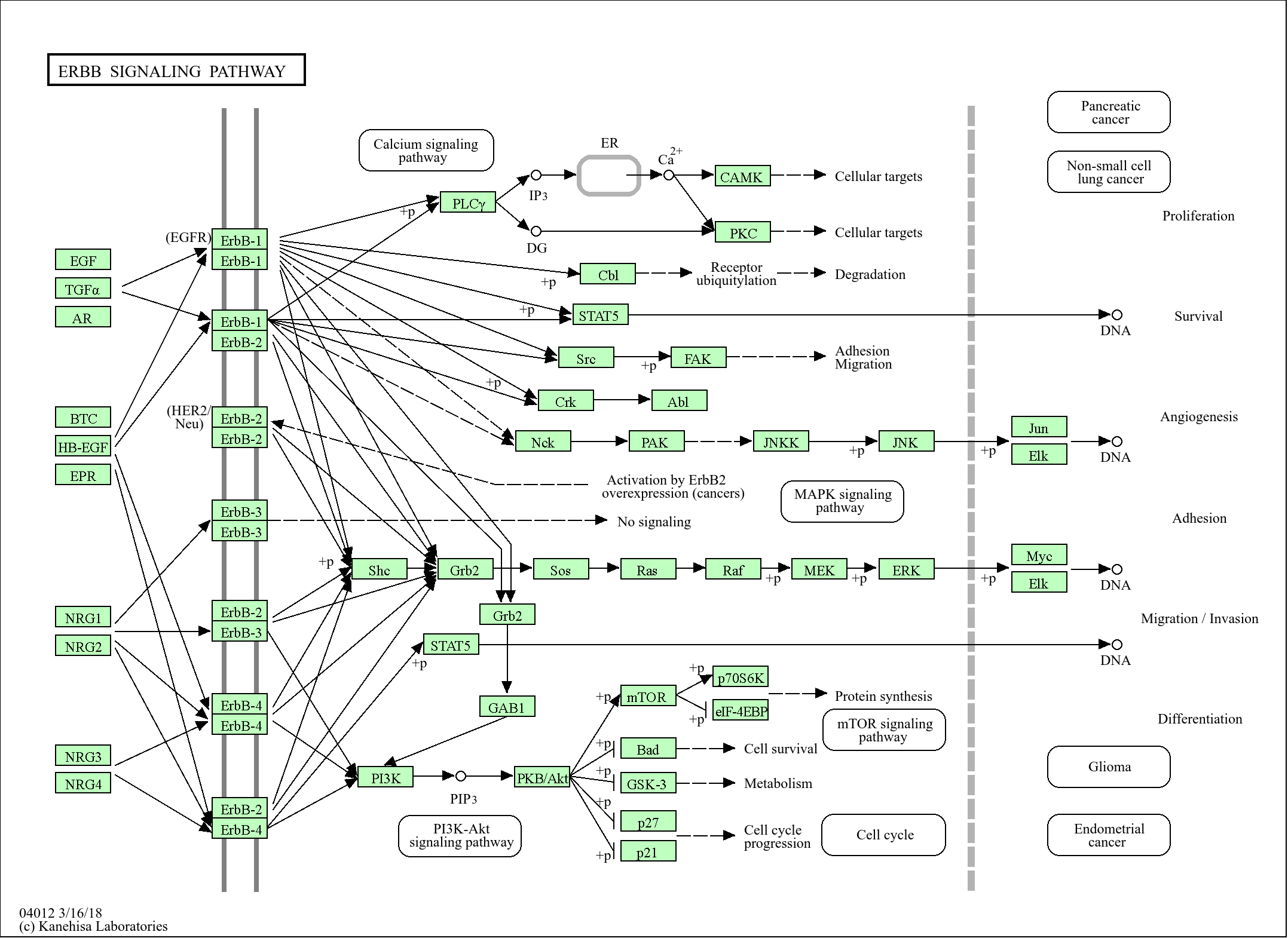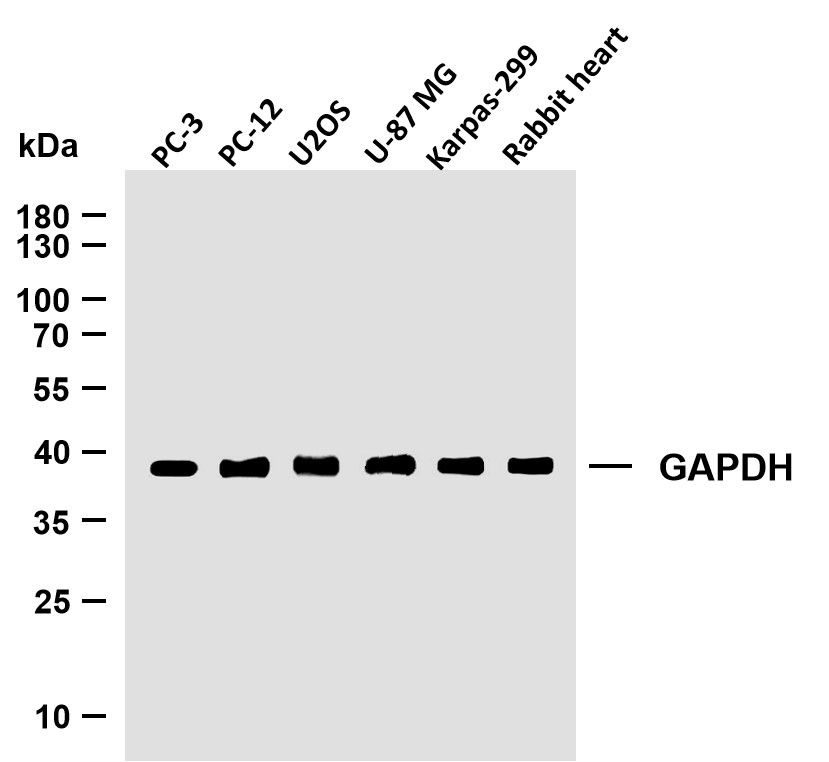
Catalog: YT1444
Size
Price
Status
Qty.
200μL
$450.00
In stock
0
100μL
$280.00
In stock
0
40μL
$150.00
In stock
0
Add to cart


Collected


Collect
Main Information
Target
E2F-4/5
Host Species
Rabbit
Reactivity
Human, Mouse, Rat, Monkey
Applications
WB, IHC, IF, ELISA
MW
44kD (Observed)
Conjugate/Modification
Unmodified
Detailed Information
Recommended Dilution Ratio
WB 1:500-1:2000; IHC 1:100-1:300; ELISA 1:40000; IF 1:50-200
Formulation
Liquid in PBS containing 50% glycerol, 0.5% BSA and 0.02% sodium azide.
Specificity
E2F-4/5 Polyclonal Antibody detects endogenous levels of E2F-4/5 protein.
Purification
The antibody was affinity-purified from rabbit antiserum by affinity-chromatography using epitope-specific immunogen.
Storage
-15°C to -25°C/1 year(Do not lower than -25°C)
Concentration
1 mg/ml
MW(Observed)
44kD
Modification
Unmodified
Clonality
Polyclonal
Isotype
IgG
Related Products
Antigen&Target Information
Immunogen:
The antiserum was produced against synthesized peptide derived from human E2F4. AA range:51-100
show all
Specificity:
E2F-4/5 Polyclonal Antibody detects endogenous levels of E2F-4/5 protein.
show all
Gene Name:
E2F4/E2F5
show all
Protein Name:
Transcription factor E2F4/5
show all
Other Name:
E2F4 ;
Transcription factor E2F4 ;
E2F-4 ;
E2F5 ;
Transcription factor E2F5 ;
E2F-5
Transcription factor E2F4 ;
E2F-4 ;
E2F5 ;
Transcription factor E2F5 ;
E2F-5
show all
Database Link:
Background:
The protein encoded by this gene is a member of the E2F family of transcription factors. The E2F family plays a crucial role in the control of cell cycle and action of tumor suppressor proteins and is also a target of the transforming proteins of small DNA tumor viruses. The E2F proteins contain several evolutionally conserved domains found in most members of the family. These domains include a DNA binding domain, a dimerization domain which determines interaction with the differentiation regulated transcription factor proteins (DP), a transactivation domain enriched in acidic amino acids, and a tumor suppressor protein association domain which is embedded within the transactivation domain. This protein binds to all three of the tumor suppressor proteins pRB, p107 and p130, but with higher affinity to the last two. It plays an important role in the suppression of proliferation-associated ge
show all
Function:
developmental stage:Present in the growth-arrested state, its abundance does not change significantly as cells move into and through the cell cycle.,Function:Transcription activator that binds DNA cooperatively with DP proteins through the E2 recognition site, 5'-TTTC[CG]CGC-3' found in the promoter region of a number of genes whose products are involved in cell cycle regulation or in DNA replication. The DRTF1/E2F complex functions in the control of cell-cycle progression from G1 to S phase. E2F-4 binds with high affinity to RBL1 and RBL2. In some instances, can also bind RB protein.,polymorphism:The poly-Ser region of E2F4 is polymorphic and the number of Ser varies in the population (from 8 to 17). The variation might be associated with tumorigenesis.,PTM:Differentially phosphorylated in vivo.,similarity:Belongs to the E2F/DP family.,subunit:Component of the DRTF1/E2F transcription factor complex. Binds cooperatively with DP-1 to E2F sites. The E2F4/DP-1 dimer interacts preferentially with pocket protein RBL1, which inhibits the E2F transactivation domain. Lower affinity interaction has been found with retinoblastoma protein RB1. Interacts with TRRAP, which probably mediates its interaction with histone acetyltransferase complexes, leading to transcription activation. Interacts with HCFC1. Component of the DREAM complex (also named LINC complex) at least composed of E2F4, E2F5, LIN9, LIN37, LIN52, LIN54, MYBL1, MYBL2, RBL1, RBL2, RBBP4, TFDP1 and TFDP2. The complex exists in quiescent cells where it represses cell cycle-dependent genes. It dissociates in S phase when LIN9, LIN37, LIN52 and LIN54 form a subcomplex that binds to MYBL2.,tissue specificity:Found in all tissue examined including heart, brain, placenta, lung, liver, skeletal muscle, kidney and pancreas.,
show all
Cellular Localization:
Nucleus.
show all
Tissue Expression:
Found in all tissue examined including heart, brain, placenta, lung, liver, skeletal muscle, kidney and pancreas.
show all
Research Areas:
>>Cell cycle ;
>>Cellular senescence ;
>>TGF-beta signaling pathway
>>Cellular senescence ;
>>TGF-beta signaling pathway
show all
Signaling Pathway
Reference Citation({{totalcount}})
Catalog: YT1444
Size
Price
Status
Qty.
200μL
$450.00
In stock
0
100μL
$280.00
In stock
0
40μL
$150.00
In stock
0
Add to cart


Collected


Collect
Recently Viewed Products
Clear allPRODUCTS
CUSTOMIZED
ABOUT US
Toggle night Mode
{{pinfoXq.title || ''}}
Catalog: {{pinfoXq.catalog || ''}}
Filter:
All
{{item.name}}
{{pinfo.title}}
-{{pinfo.catalog}}
Main Information
Target
{{pinfo.target}}
Reactivity
{{pinfo.react}}
Applications
{{pinfo.applicat}}
Conjugate/Modification
{{pinfo.coupling}}/{{pinfo.modific}}
MW (kDa)
{{pinfo.mwcalc}}
Host Species
{{pinfo.hostspec}}
Isotype
{{pinfo.isotype}}
Product {{index}}/{{pcount}}
Prev
Next
{{pvTitle}}
Scroll wheel zooms the picture
{{pvDescr}}


















